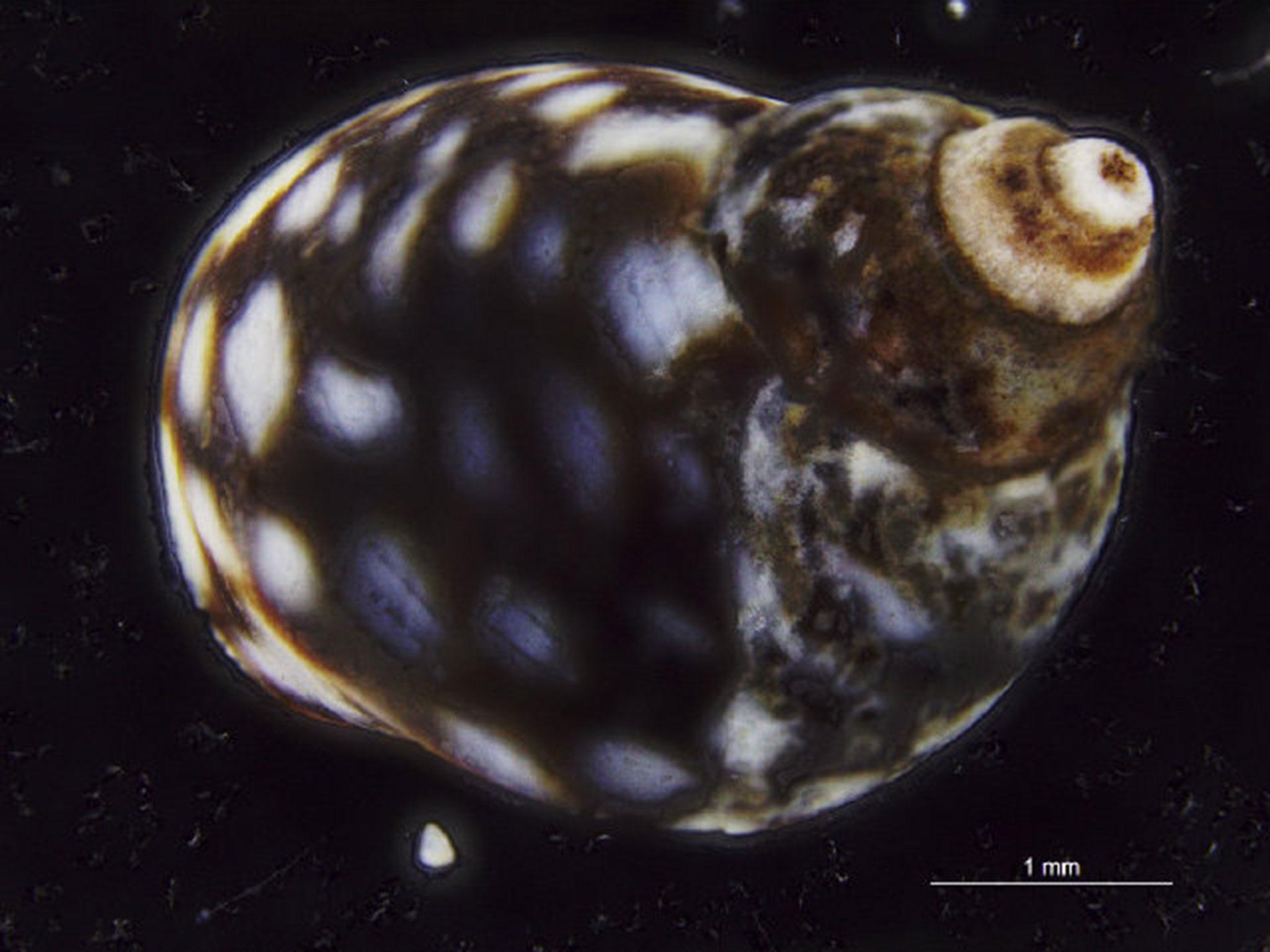Fish and snails travelling hundreds of miles north as oceans heat up
Species are on the move across the world as rising temperatures allow some to extend there range, while others are forced to flee

Tropical fish and other marine species have been discovered hundred of miles further north in waters from California to the Indian Ocean and the Atlantic, according to a new study.
Researchers examined reports of “first sightings” of new species from around the world as part of efforts to monitor how marine creatures react to rising ocean temperatures.
A shift towards both poles is expected as a result, but some species have made remarkable journeys.
A Monrovia doctorfish was discovered in European Atlantic waters – just off the coast of Portugal – for the first time in 2013. It was more than 1,600km (about 1,000 miles) north of tropical waters.
And blue-spotted cornetfish have been found even further north in temperate waters, having spread through the sub-tropical region.
A species of sea snail from the periwinkle family, called Echinolittorina punctate, which historically lived in the southern Mediterranean Sea, is now to be found off the south coast of France.
Writing in the journal Global Change Biology, the researchers from the UK and Australia said: “Shifts in species ranges are a global phenomenon, well known to occur in response to a changing climate.
“New species arriving in an area may become pest species, modify ecosystem structure, or represent challenges or opportunities for fisheries and recreation.
“Early detection of range shifts and prompt implementation of any appropriate management strategies is therefore crucial.”
They said most of the first sightings appeared to be tropical and sub-tropical species moving to higher latitudes “as would be expected in climate warming”.
“Our results indicate that first sightings are likely related to longer-term climatic processes, and therefore have potential use to indicate likely climate-driven range shifts,” the researchers said.
“The development of an approach to detect impending range shifts at an early stage will allow resource managers and researchers to better manage opportunities resulting from range-shifting species before they potentially colonise.”
Most of the sightings were clustered in four parts of the world: the California Current, the Mediterranean, the Atlantic coast of South America, and Indian coastal waters.
10 photographs to show to anyone who doesn't believe in climate change
Show all 10One of the researchers, Professor Michael Burrows, of the University of the Highlands and Islands, told The Independent that animals were clearly responding to the higher temerpatures.
“It’s part of an on-going process. As the climate warms so the temperatures suitable for things to live in are moving towards the poles,” he said.
“The process of climate change has resulted in the redistribution of marine biodiversity.”
This might have an effect of the fishing industry in same areas, who might have to switch their tactics.
“If a species is no longer to be found, that’s bad for them, but on the flip side there are species coming in from warmer waters,” Professor Burrows said.
“It’s change and change always brings some difficulties.”
However he said “mobile species like fish” would probably be better able to cope with the warming waters than land animals as they can swim to a different part of the sea.
Land animals face barriers – not least those created by cities and roads – that could prevent them from reaching a more suitable climate.
And sea creatures that cannot shift to cooler climates have few options.
“For things that are not mobile, like coral reefs, it’s a real problem,” Professor Burrows said.
“There may be nowhere suitable for a coral to establish itself outside of its geographical area.”
Subscribe to Independent Premium to bookmark this article
Want to bookmark your favourite articles and stories to read or reference later? Start your Independent Premium subscription today.

Join our commenting forum
Join thought-provoking conversations, follow other Independent readers and see their replies